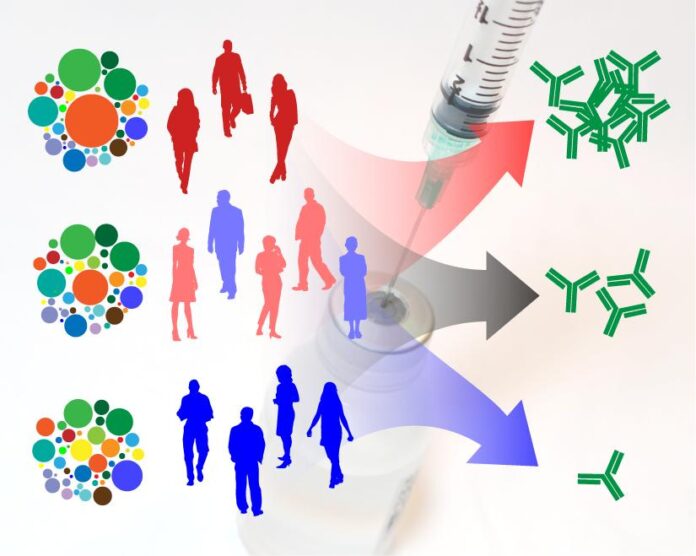Ursula von der Leyen si è chiesta pubblicamente come mai Mosca distribuisce il suo vaccino Sputnik 5 in molti Paesi, quando ancora buona parte del popolo russo non è stata immunizzata. È evidente che si tratta di una domanda retorica. La presidentessa dell’Ue sa benissimo che in questo momento il Cremlino acquisisce credibilità politica un po’ dappertutto, dimostrando che non riserva i benefici della sua scienza al proprio popolo, ma li condivide con coloro che ne hanno più bisogno. Queste considerazioni valgono anche per la policy dell’altro gigante asiatico, la Cina comunista.
Ma la questione non è solo ideologica, perché ha anche risvolti sul piano culturale e scientifico. Fino a tempi recenti, l’Occidente ha vantato le conquiste indiscutibili dei suoi gabinetti di ricerca e dei suoi giganti farmaceutici. Si è detto che la libera concorrenza assicura risultati superiori a qualunque altro sistema e conseguenti benefici per tutti. Ma i vaccini russi e cinesi sono stati realizzati da aziende di Stato e la rivista Lancet, per quanto riguarda Sputnik, gli ha riconosciuto una efficacia anche superiore ad altri immunizzanti occidentali. Sembra che il mondo libero stia facendo una ben magra figura.
Ma non è la prima volta. Chi ha tracciato la strada per la conquista dello spazio? Chi ha messo in orbita il primo astronauta? Chi ha realizzato la prima stazione spaziale? Non sarà forse che non c’è bisogno della libera concorrenza per fare strada al progresso nei campi più diversi? E se si lavorasse pacificamente senza scopi di profitto nell’interesse di tutti?
Ursula von der Leyen publicly asked herself why Moscow distributes its Sputnik 5 vaccine in many countries, when a large part of the Russian population has not yet been immunized. It is clear that this is a rhetorical question. The EU president knows very well that at this moment the Kremlin is gaining political credibility almost everywhere, showing that it does not limit the benefits of its science its own people, On the contrary, it shares the vaccines with poor peoples. Such considerations can be referred to the policy of the other Asian giant, communist China.
But the problem is not only ideological, because it also has cultural and scientific implications. Until recently, the West has boasted the indisputable achievements of its research cabinets and its pharmaceutical giants. It has been said that free competition ensures better results than any other system and he relevant consequent benefits for all. But the Russian and Chinese vaccines were made by state-owned companies and Lancet review, as far as Sputnik is concerned, has recognized that it is even more effective than other Western immunizers. It seems that the free world is very far from its normal success.
But it is not the first time. Who paved the way for the conquest of space? Who put the first astronaut into orbit? Who made the first space station? May be competition is not needed to make way for progress in any fields. What about working peacefully far from profit pushes in favor of the whole of people in?








